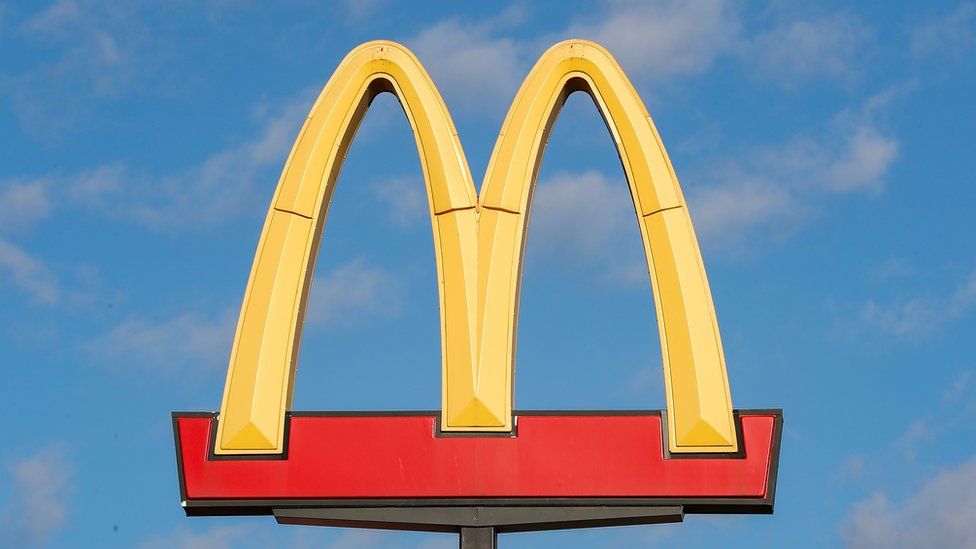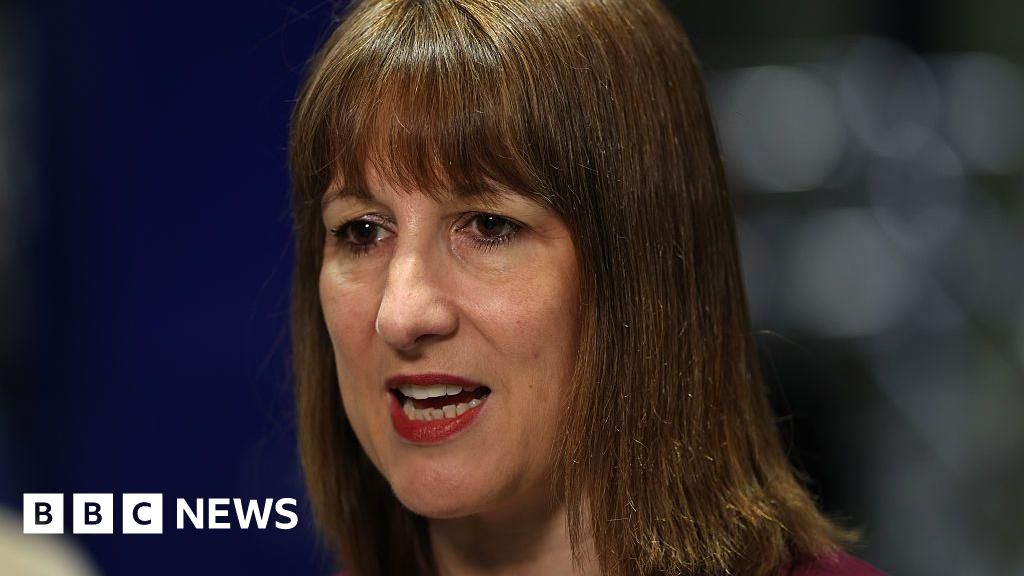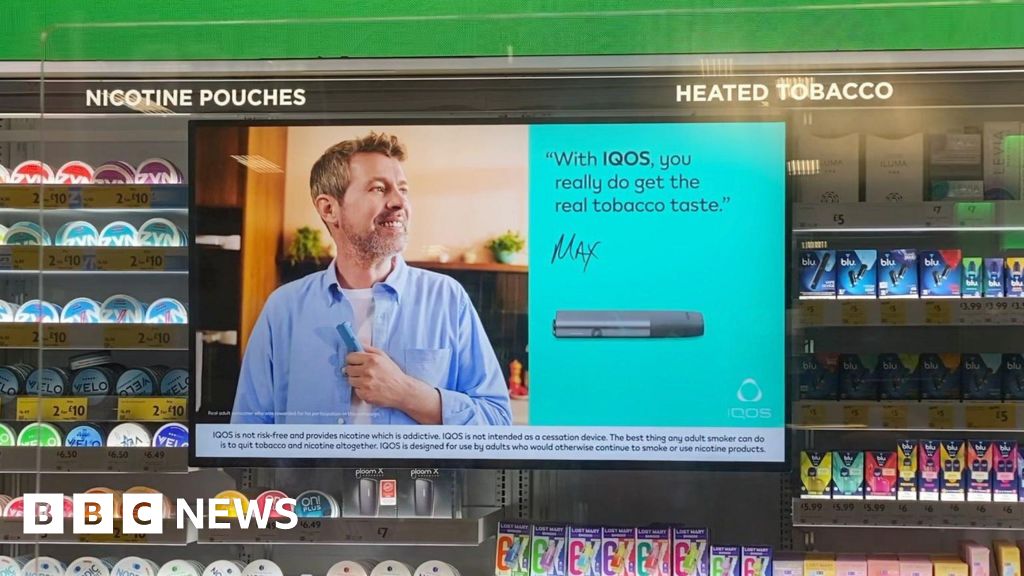ARTICLE AD BOX
 Image source, Getty Images
Image source, Getty Images
By Zoe Conway & Noor Nanji
BBC News
McDonald's workers are so young that most of them were at school when the MeToo movement burst into life.
It was 2017 when the New York Times published its first story about the Hollywood mogul Harvey Weinstein. The scandal and his eventual imprisonment for rape and sexual assault led to people around the world opening up about their own experiences of sexual harassment.
Since then, the stories have tended to follow the same trajectory: a powerful man in a powerful place is brought low because of his behaviour towards female and sometimes male colleagues.
The scalp-collecting receives so much media attention you could be forgiven for thinking that the MeToo reckoning is reaching every corner of our society. After all, CEOs have workplace culture on their radars like never before.
Yet, here we are, six years on, and teenage McDonald's workers are telling us that behind the counter they're facing a hostile environment.
McDonald's doesn't run its restaurants - the overwhelming majority are franchises - but there's a limit to the room for manoeuvre given to these businesses. The Corporation requires them to ensure "uniformity and commitment" to the McDonald's brand. In other words, a customer can expect the same experience, the same quality of service, in every McDonald's restaurant in the country.
To achieve this uniformity, corporate HQ imposes strict rules on how these companies operate. There are inspections to make sure that each store is complying.
The question then is this: if they can ensure that a burger tastes the same whether you're in Carlisle or Canterbury why can't McDonald's ensure that every restaurant is imposing a zero-tolerance approach to sexual harassment?
Corporate HQ says it takes sexual harassment seriously, and there are lots of policies in place. For example: there's the training that's been rolling out for all the employees since the beginning of the year. There's a confidential staff survey and a helpline that people can call.
But our investigation raises questions over whether McDonald's is in danger of relying too much on young crew members to speak up.
When we first contacted McDonald's employees, they were incredibly nervous about talking to us. It wasn't just that they were worried about losing their jobs - they were also scared of being found out to be a snitch. Over four months we travelled the country to meet them and build trust. We promised anonymity if they would talk. Over four months we spoke to more than 100 employees who wanted to tell their stories. But in the end, we could only convince a handful to go on the record.
It's hardly surprising they're scared. Many join McDonald's at 16. It's their first ever job. They're supposed to respect authority. Yet too often, we're told, the people in charge are not behaving like the grown-ups in the room.
And the rooms are small. That's the other striking thing about this story. We're not talking about department stores here - we were told repeatedly about how cramped the kitchens can be. In such tight spaces, it's hard to believe that a store manager can't get a pretty good idea, pretty quickly, of how staff are treating each other. In a statement McDonald's told the BBC there was "simply no place for harassment, abuse, or discrimination" at the company.
Our interviewee, 18-year-old Shelby from Berkshire, gave her verdict: If McDonald's was really serious about sexual harassment, they'd do something about it.

 1 year ago
37
1 year ago
37








 English (US) ·
English (US) ·